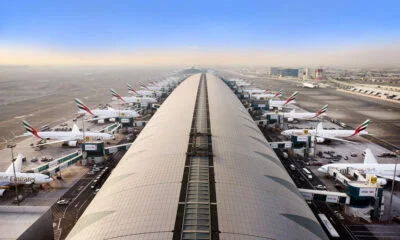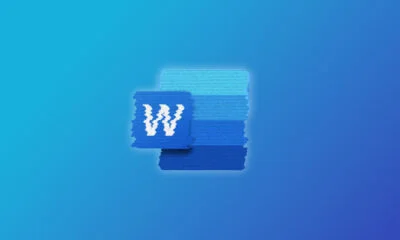News
Dubai Starts App Development Program To Train 1,000 Emiratis
The scheme, called “Create Apps in Dubai” should triple the number of app creators by 2025.
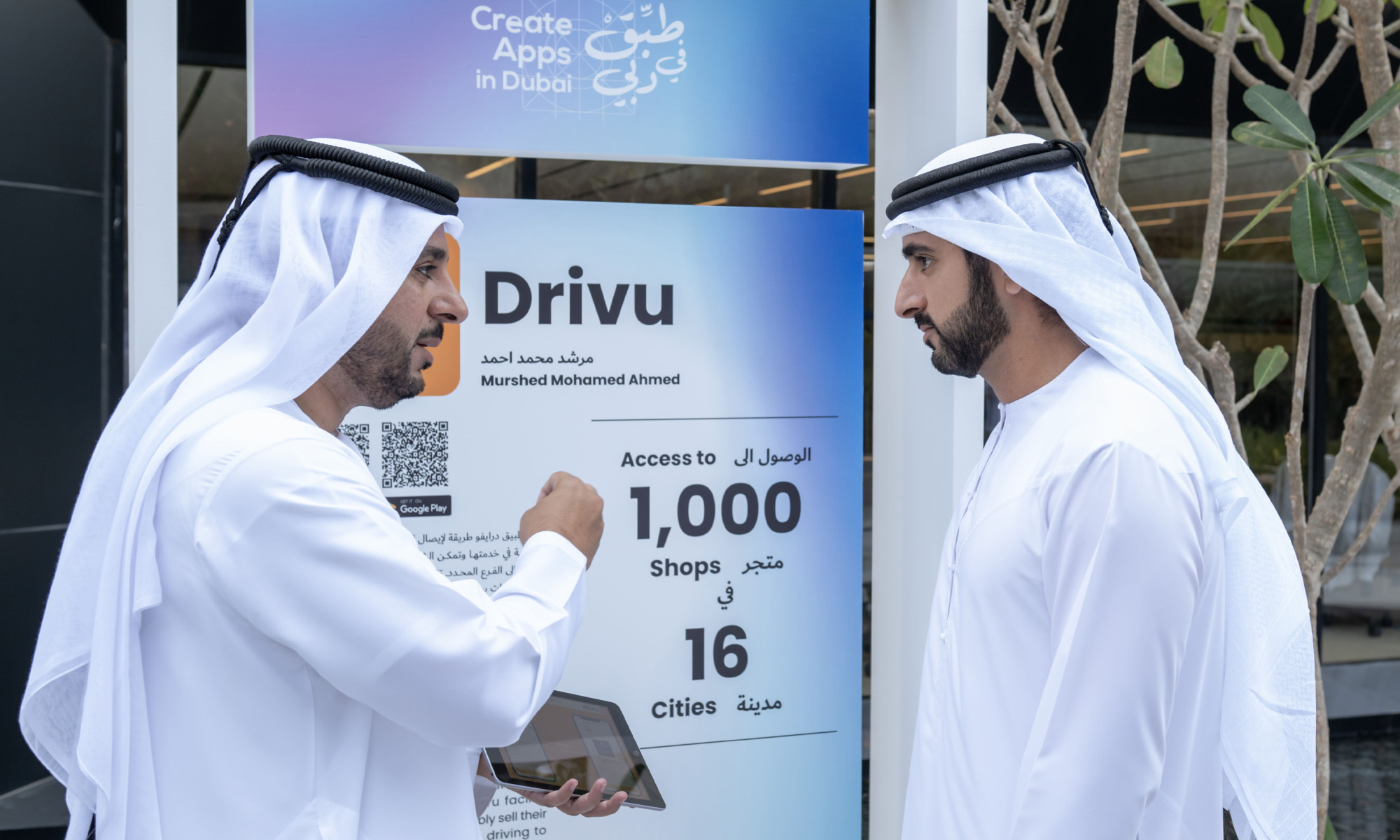
On Wednesday, Dubai’s Crown Prince, Sheikh Hamdan bin Mohammed, launched a new ecosystem for developing digital applications and growing the pool of local talent within the emirate.
The scheme, known as Create Apps in Dubai, aims to transform Dubai into one of the world’s “most attractive destinations” for business opportunities. By 2025, the program should also have trained over 1,000 Emiratis and tripled the number of app creators. Additionally, 100 new national app projects will become available in digital stores over the next two years.
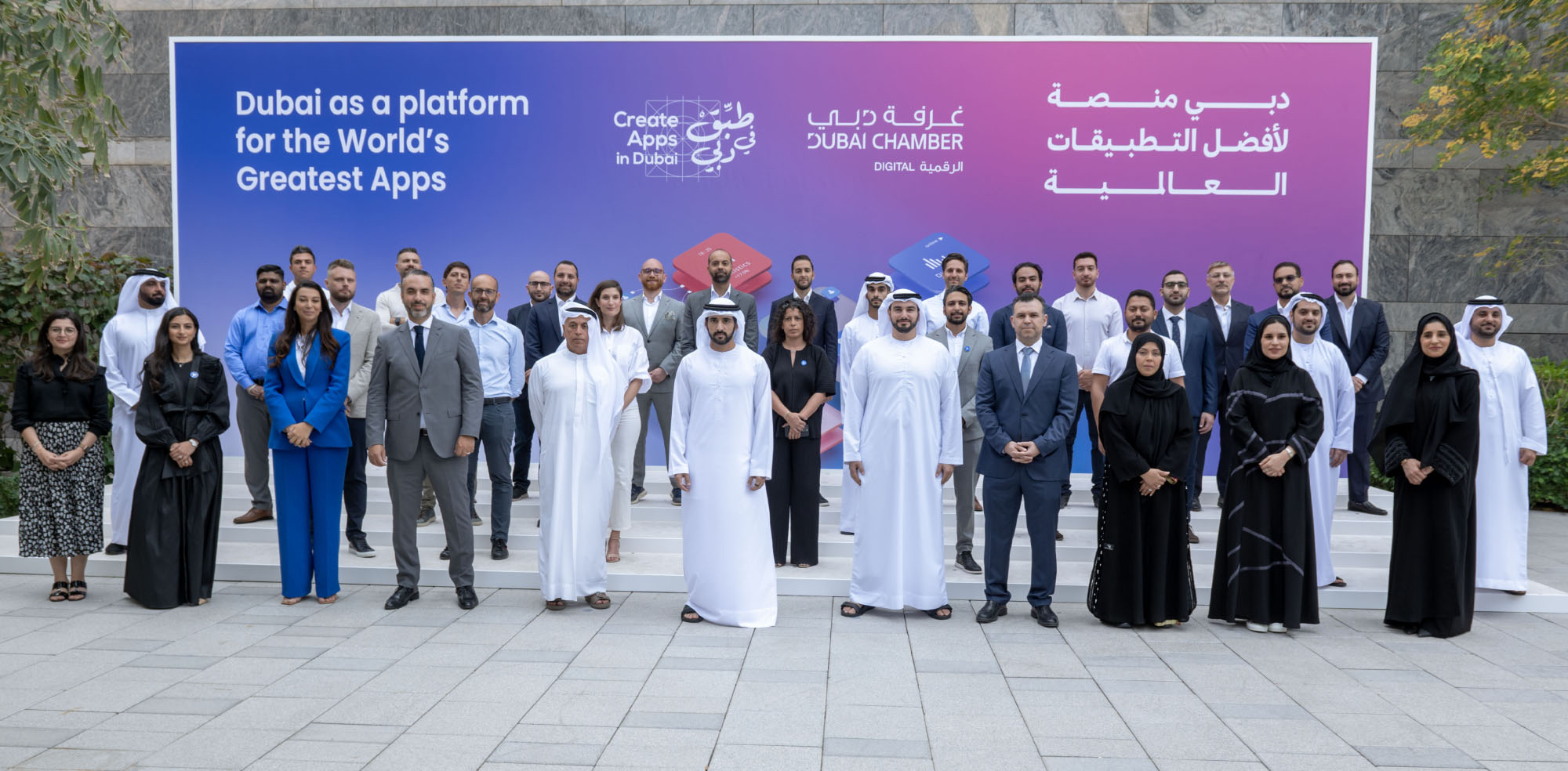
“The exponential growth of digital applications and platforms has created a new global competition for technological leadership. Dubai seeks to be at the forefront of this global race by providing a platform for fostering the development of 1,000 highly-skilled UAE nationals whose ideas and innovation will create a vibrant applications sector in Dubai,” says Sheikh Hamdan bin Mohammed, Crown Prince of Dubai.
Dubai is seeking to solidify its position as a global capital of the digital economy, with the Dubai Economic Agenda (D33) plan preparing to help 30 private companies achieve $1 billion in value.
Also Read: ChatGPT Is Accelerating The AI Revolution In The Middle East
With global smartphone sales exceeding $448 billion and 2 million new apps and games created in 2021 alone, the sector represents a massive opportunity for investors, entrepreneurs and tech startups to thrive.
Create Apps in Dubai will be overseen by the Dubai Chamber for Digital Economy, and support development plans to “empower UAE citizens to play key roles in realizing the country’s digital vision”, a recent statement said.
The UAE’s digital economy will be worth $140 billion by 2031, up from nearly $38 billion, according to recent figures from the Dubai Chamber of Digital Economy.
News
HiFuture Wraps Up Successful GITEX GLOBAL 2024 Appearance
The electronics company wowed audiences at the world’s largest tech event with a range of wearable and smart audio devices.
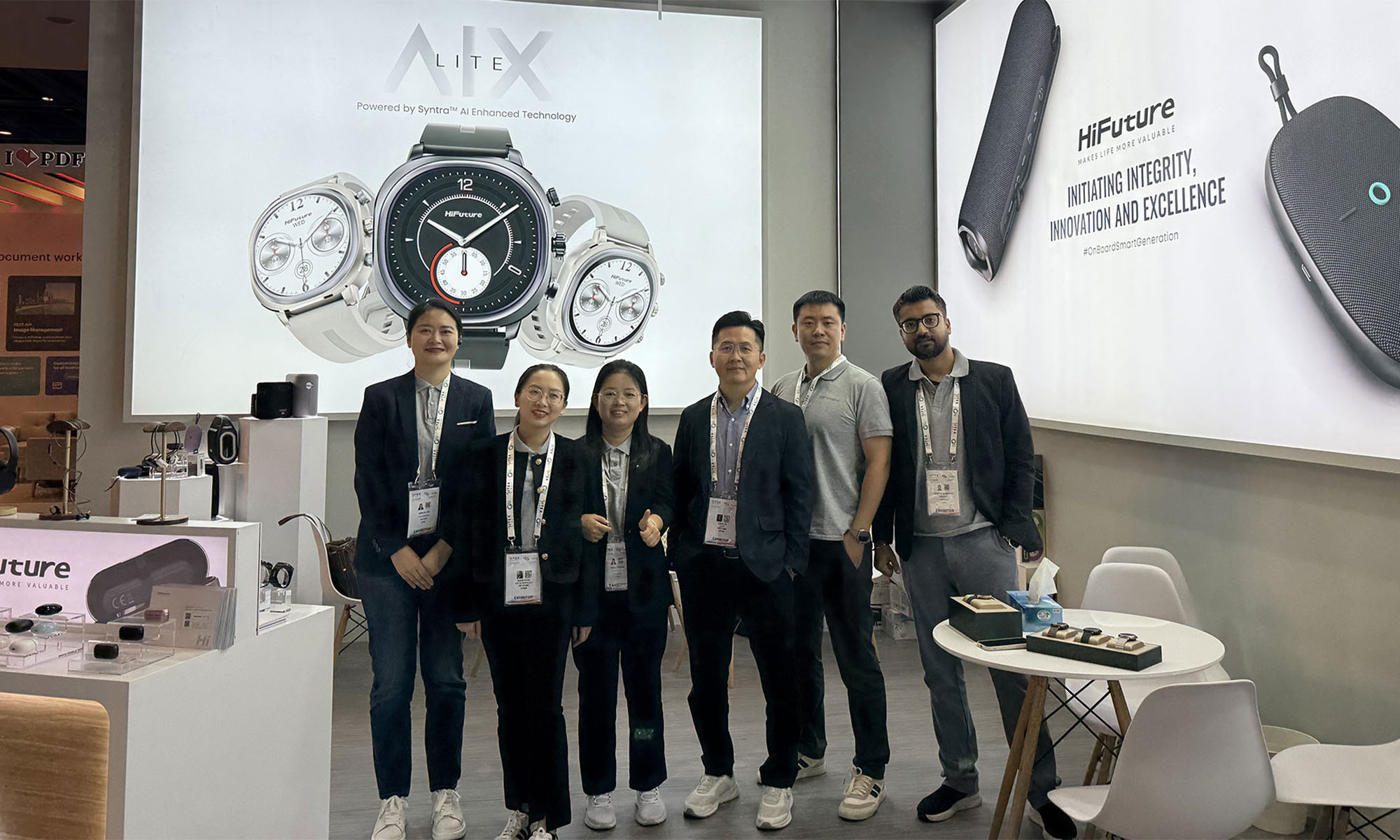
This year’s GITEX GLOBAL 2024 in Dubai saw a huge number of startups, electronics firms, and innovators from around the globe gather for the tech sector’s largest event of its kind. One company making waves at this year’s expo was Chinese tech group HiFuture, which showcased a range of products with a focus on wearable technology and smart audio.
At the HiFuture booth, the company captivated attendees with cutting-edge smartwatches like the ACTIVE and AURORA, along with a range of powerful wireless speakers, earbuds, and even smart rings. Visitors were eager to check out the sleek new designs on offer and even had the chance to test out some of the products themselves.
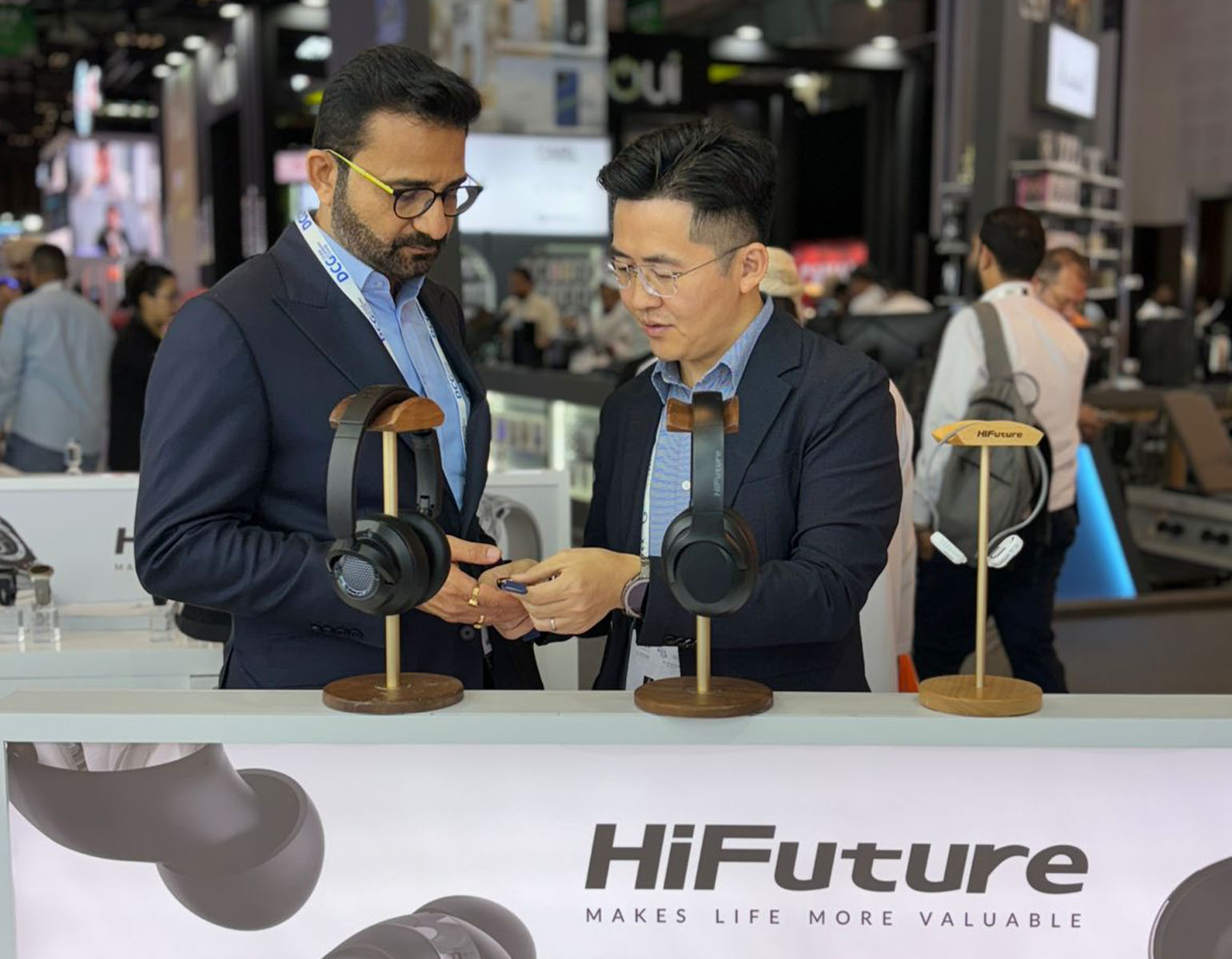
Among the highlights were smartwatches combining dual-core processors with customizable options. The devices blended style and technology, offering health monitoring capabilities, personalized watch faces, and advanced AI-driven functionalities, giving attendees a taste of the future of wearable technology.
On the audio front, HiFuture’s wireless speakers left a lasting impression, offering rich, immersive sound in compact, portable designs. These speakers cater to both intimate gatherings and larger celebrations, offering versatility for users. Meanwhile, the company also showed off its Syntra AI technology, which it claims “revolutionizes health and fitness tracking by combining advanced optical sensors with intelligent algorithms for precise, real-time insights”.
Also Read: How (And Why) To Start A Tech Business In Dubai
The presence of HiFuture’s leadership team at GITEX 2024 underscored the importance of this event for the company, with CEO Levin Liu leading a team of executives, all keen to engage with attendees and offer insights into HiFuture’s vision, product development process, and future direction.
Overall, it seems that GITEX GLOBAL 2024 has been a rewarding experience for HiFuture. The enthusiasm and curiosity of attendees shown to the company’s diverse range of products was obvious, with the HiFuture team leaving on a high note and clearly excited and motivated by the event.


